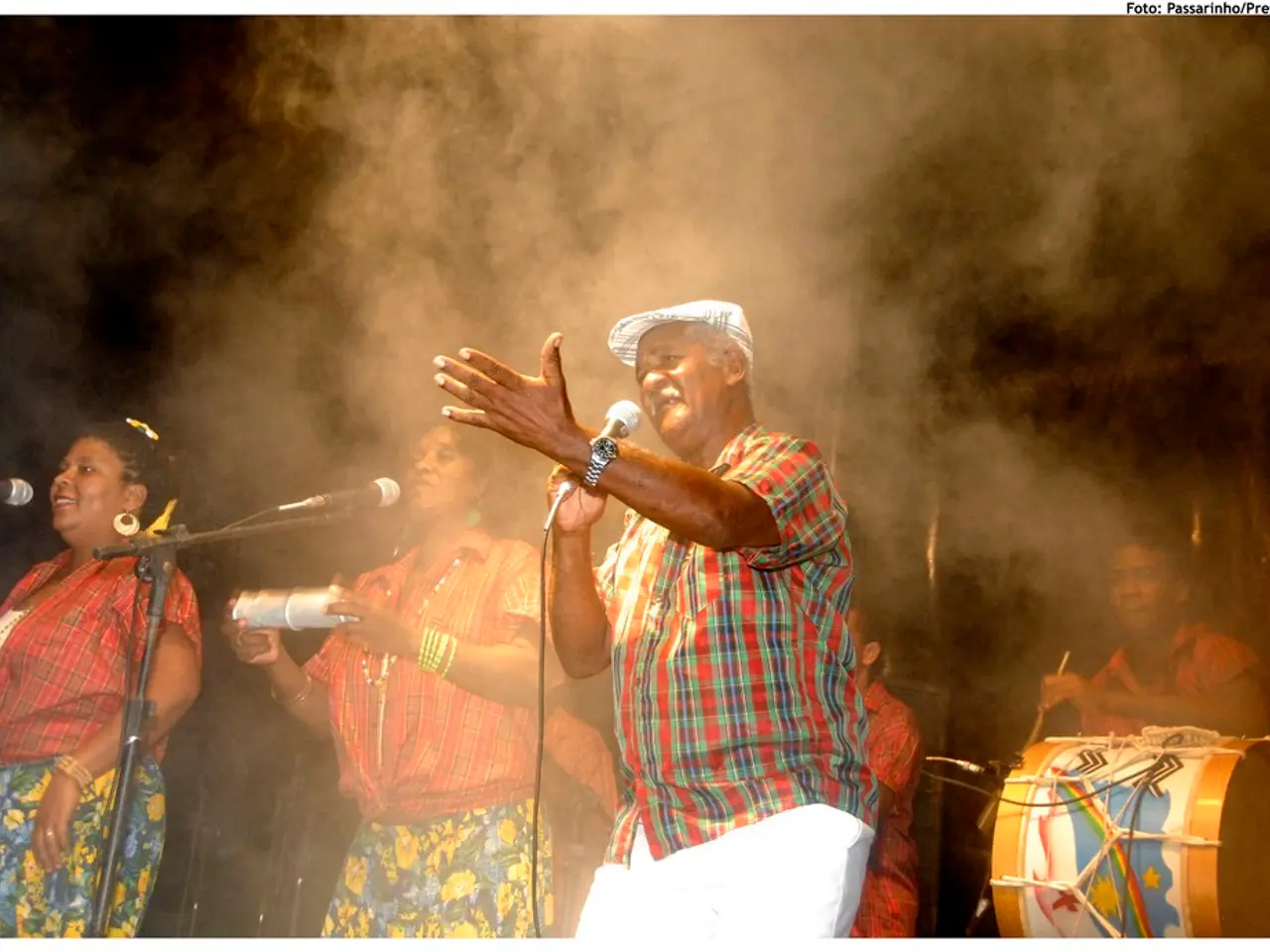Trump, according to Ilija Trojanow, displays behavior as a coward and a deceiver.
In the realm of power scandals, the Jeffrey Epstein case stands out as a landmark, not fitting neatly into the tradition of the Dreyfus affair or Watergate scandal. This case, unlike many others, is marked by unique and striking aspects that have captivated the world and raised questions about systemic corruption.
Firstly, the scale and scope of the allegations against Epstein are unprecedented. His crimes involved a global network of sex trafficking, not just isolated incidents. The allegations spanned multiple countries, involving minors trafficked across borders, demonstrating a vast, organized operation rather than a single abuser acting alone.
Secondly, the Epstein case implicated or touched numerous powerful figures, including politicians, billionaires, royalty, and celebrities. The association with such a wide and influential network raised questions about systemic enabling and complicity at the highest levels of power.
Thirdly, Epstein's controversial 2008 plea deal, which many saw as astonishingly lenient given the gravity of his offenses, highlighted how elite protection can undermine justice. That deal involved secrecy, non-prosecution agreements for co-conspirators, and immunity for many potentially involved.
Fourthly, Epstein's death in jail was ruled a suicide, but the circumstances—such as malfunctioning cameras, removed guards, and his prior suicide watch status—have fueled widespread conspiracy theories. This unusual and suspicious death intensified public distrust and suspicion about cover-ups.
Fifthly, the Epstein case revealed failures across multiple institutions—law enforcement, judicial system, corrections—both in preventing abuse and in securing accountability. It spotlighted how deeply embedded corruption and neglect could be in supposedly robust systems.
Sixthly, the survivors of Epstein's abuse played a significant role in pursuing justice and uncovering details, with some becoming high-profile advocates. Their persistence, often against intimidation, helped break the silence around sexual abuses by the powerful.
Lastly, due to its lurid details and the prominence of involved individuals, the case garnered extraordinary media and public attention, spawning a flood of investigations, documentaries, and speculation. This level of sustained public scrutiny is relatively rare in such scandals.
In a different vein, the author of this article has written a novel named "The Double Trace," which discusses conspiracy theories, including the Epstein case, Donald Trump, and the hypocrisy of a derailed moral policy.
Please note that to ensure the best experience on NZZ.ch's website, it is recommended to adjust your settings to enable JavaScript. Your browser or ad blocker may currently be preventing JavaScript, affecting the website's functionality.
While at first glance, the Epstein case seems to fit into the tradition of revealing scandals in power, it is deceptive. These scandals are often done to strengthen law and justice and to cleanse the community of shame. However, the Epstein case is a stark reminder that the fight for accountability and justice is far from over.
The Epstein case involves celebrities, a group of influential individuals who were implicated in the scandal (pop-culture). Due to the prominence of involved celebrities, the case received extraordinary media and public attention, spawning a flood of investigations, documentaries, and speculation (entertainment).




